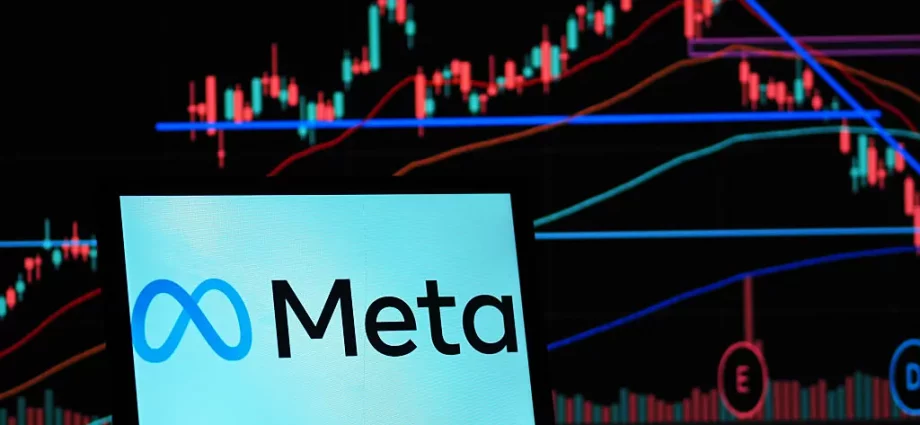Nearly five years after it was first announced, the Federal Trade Commission’s antitrust case against Meta is underway in a District of Columbia courtroom. Widely considered the weakest of the so-called “Big Tech” cases brought by the federal government, a rapidly changing tech landscape may make for an even steeper climb to victory by the FTC.
District Judge James Boasberg has reserved eight weeks to hear the case and then will decide if the company acted illegally to maintain a monopoly using anticompetitive tactics with its purchases of photo-sharing app Instagram and mobile message app WhatsApp. His verdict may not come for months, and if the government prevails, a remedy phase will follow. The FTC wants Meta to be forced to sell off Instagram and WhatsApp, which could significantly affect the parent company’s ad revenue, which is critical to its business model.
This seems eons ago in tech time, but the acquisitions at issue in the case go back even further. Meta, then still called Facebook, bought Instagram in 2012 for $1 billion, a price mocked for its extravagance on late-night shows at the time. In 2014, the tech giant acquired WhatsApp for $19 billion, marking the company’s largest purchase up until that time.
At trial, the FTC has focused attention on internal Meta communications that suggest that Instagram and WhatsApp were perceived as a threat to Facebook’s market leadership and that their acquisitions were aimed at preventing that competitive pressure.
Meta CEO Mark Zuckerberg and former Meta chief operating officer Sheryl Sandberg pushed back on that narrative. They testified that, contrary to the government’s assertion that Instagram and WhatsApp were purchased to stifle possible competition from the apps, Meta bought them to integrate their features to improve its offerings to consumers.
“I think the explicit strategy for the Instagram integration was that we wanted to let Kevin [Systrom] and Mike [Krieger], the founders [of Instagram], basically tell us what services they needed from Meta in order to help improve the quality of growing Instagram faster,” Zuckerberg told the court.
The FTC will have a hard time refuting the success, popularity, and improvements of both apps after their purchase. Both apps are free to users, have experienced product improvements, and are very popular.
“Even if the FTC can demonstrate that Meta’s deals may have caused some anticompetitive harm, Meta clearly will be able to point to procompetitive benefits flowing from the billions it has invested in these products,” Joseph Coniglio, director of the Schumpeter Project on Competition Policy at the Information Technology and Innovation Foundation, told the Washington Examiner. “That would shift the burden back to the FTC to show that any harms outweighed these massive benefits, which it is unlikely to be able to do.”
Another contentious aspect of the government’s case is its very narrow market definition. For any monopolization case to proceed, the prosecution must define the market that is being allegedly monopolized. In this case, the FTC argues that the market consists of services for “friends and family sharing” and includes only Facebook, Instagram, Snapchat, and MeWee. Critics of that approach point to the absurdity of omitting competitors such as YouTube, iMessage, and X. They also contend that the FTC incorrectly included activity other than “friends and family sharing,” such as engaging with accounts of strangers, when calculating Meta’s market share to inflate that number.
“These failings should doom (the FTC’s) case at trial,” Coniglio said.
The antitrust action was originally brought in late 2020, during the waning days of President Donald Trump’s first administration, after he had lost his bid for reelection but before he left office. Trump has repeatedly accused Zuckerberg of plotting against his political campaign and steering Facebook against his reelection bid in 2020.
TRUMP TAKES STEP MAKING IT EASIER TO FIRE THOUSANDS OF CAREER GOVERNMENT EMPLOYEES
Under former President Joe Biden, the FTC continued to pursue the case but suffered a setback when it was tossed out of court, and the state attorneys general who had joined the suit were permanently barred from the proceeding. Months later, the FTC came back alone with a revised complaint that allowed the suit to move forward.
But the FTC has a tough road ahead to prove consumer harm and undo acquisitions that have been in place for more than a decade. Boasberg himself has expressed skepticism about the chances for the government to succeed. Last fall, he wrote that the FTC “faces hard questions about whether its claims can hold up in the crucible of trial.”




